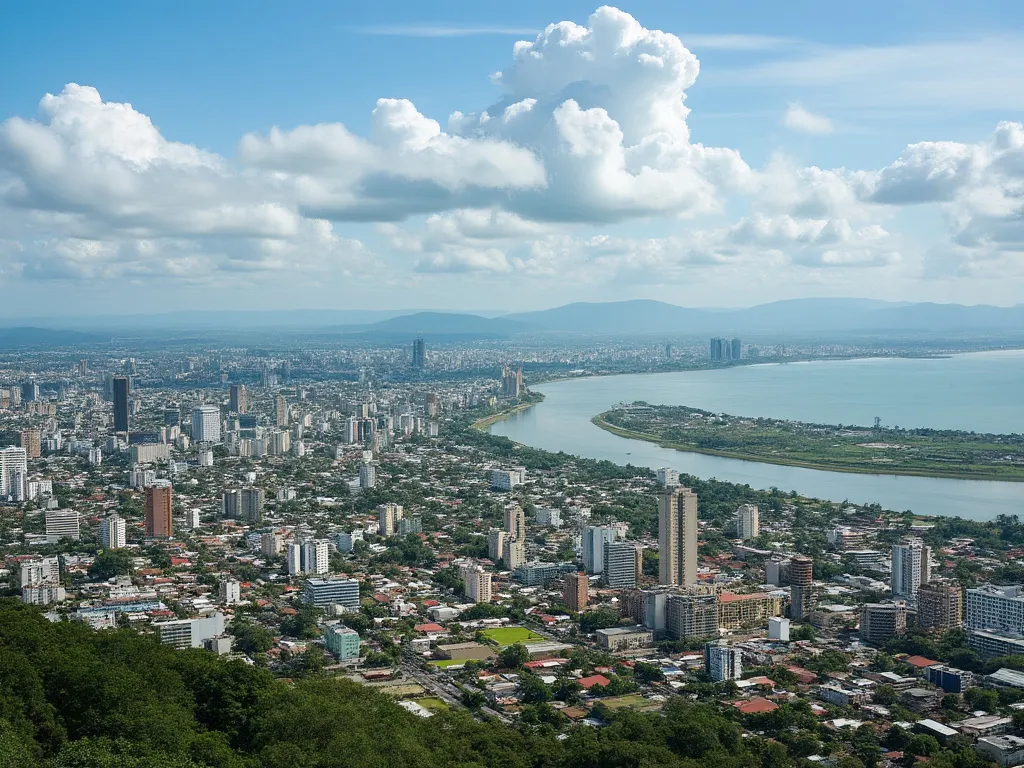
Libreville, the capital city of Gabon, is a vibrant and bustling metropolis located on the west coast of Central Africa. With a rich history, diverse culture, and stunning natural beauty, Libreville is a fascinating destination for travelers and a hub for business and commerce.
Libreville Information
| Country | 🇬🇦 Gabon |
| Population | 797,000 (2020 estimate) |
| Coordinates | 0°23′N 9°27′E |
| Area | 65.42 km² (25.27 sq mi) |
| Climate | Tropical monsoon climate |
| Language | French (official), Fang, Myene, and other local languages |
| Currency | Central African CFA franc (XAF) |
| Time zone | West Africa Time (WAT) (UTC+1) |
| Proximity to other major cities | Port-Gentil (150 km/93 mi), Douala, Cameroon (350 km/217 mi) |
Interesting facts about libreville
- Libreville is home to the iconic St. Michel Cathedral, a stunning example of colonial-era architecture.
- The city hosts the annual Gabonese Music Festival, which showcases traditional and modern music from across the country.
- Libreville is a popular destination for surfers, with several world-class surf spots along the coast.
Historical Background of Libreville
Libreville was founded in 1849 by French colonizers, who established a settlement on the site of a former slave trading post. The city's name, which translates to "free town" in French, reflects its history as a haven for freed slaves. During the colonial era, Libreville served as the capital of French Equatorial Africa, and it remained the capital of Gabon after the country gained independence in 1960.
Geographical Location of Libreville
Libreville is situated on the Gabon Estuary, which flows into the Atlantic Ocean. The city's coastal location and tropical climate make it a popular destination for beachgoers and outdoor enthusiasts. The surrounding landscape is characterized by dense rainforests, mangrove swamps, and rugged hills.
Cultural Significance of Libreville
Libreville is a melting pot of cultures, with a mix of African, French, and indigenous influences. The city is home to a variety of museums, galleries, and cultural centers, including the National Museum of Gabon and the Gabonese Cultural Center. The city's vibrant markets, such as the Marché du Mont-Bouët, offer a glimpse into traditional Gabonese life and commerce.
Economic Importance of Libreville
Libreville is the economic hub of Gabon, with a diverse economy based on oil, timber, and mining. The city is home to the country's main port and international airport, making it a key transportation hub for the region. Libreville is also a center for finance and commerce, with several major banks and financial institutions having operations in the city.
Tourist Attractions in Libreville
- The National Museum of Gabon, which features exhibits on the country's history, culture, and natural environment.
- The Gabonese Cultural Center, which showcases traditional music, dance, and art.
- The Marché du Mont-Bouët, a bustling marketplace selling everything from fresh produce to handicrafts.
- The Libreville Botanical Garden, a peaceful oasis in the heart of the city.
Conclusion on Libreville
Libreville is a city that seamlessly blends traditional and modern influences, offering visitors a unique and unforgettable experience. From its stunning natural beauty to its rich cultural heritage, Libreville is a must-visit destination for anyone interested in exploring the heart of Central Africa.
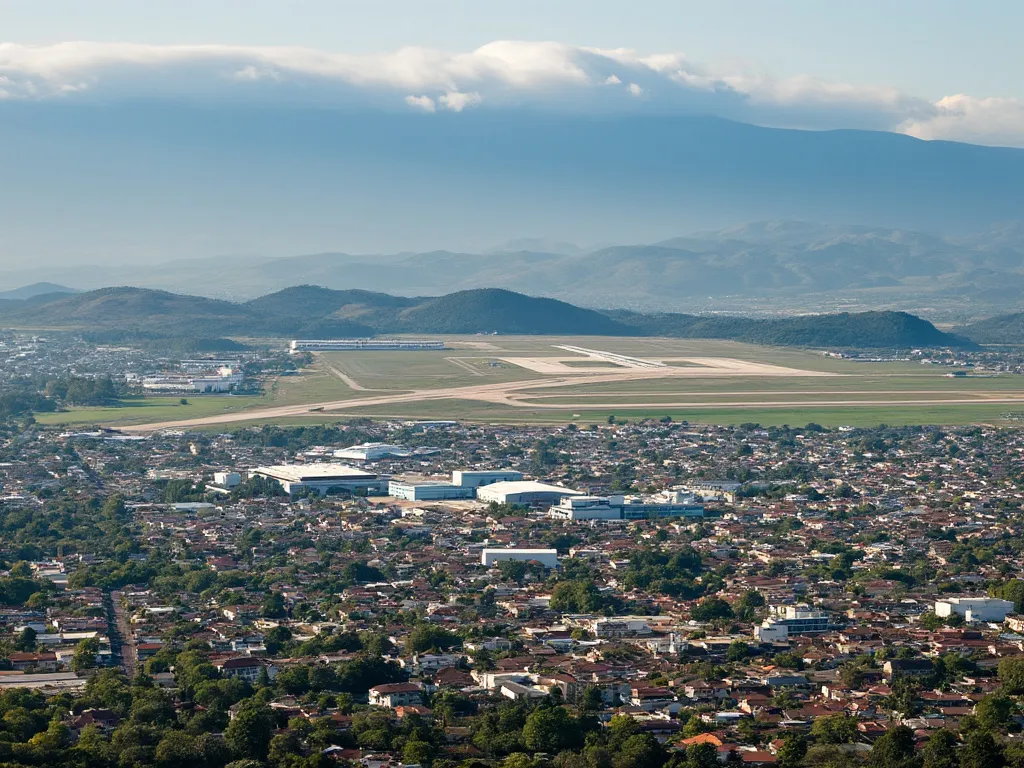 Lilongwe
Lilongwe
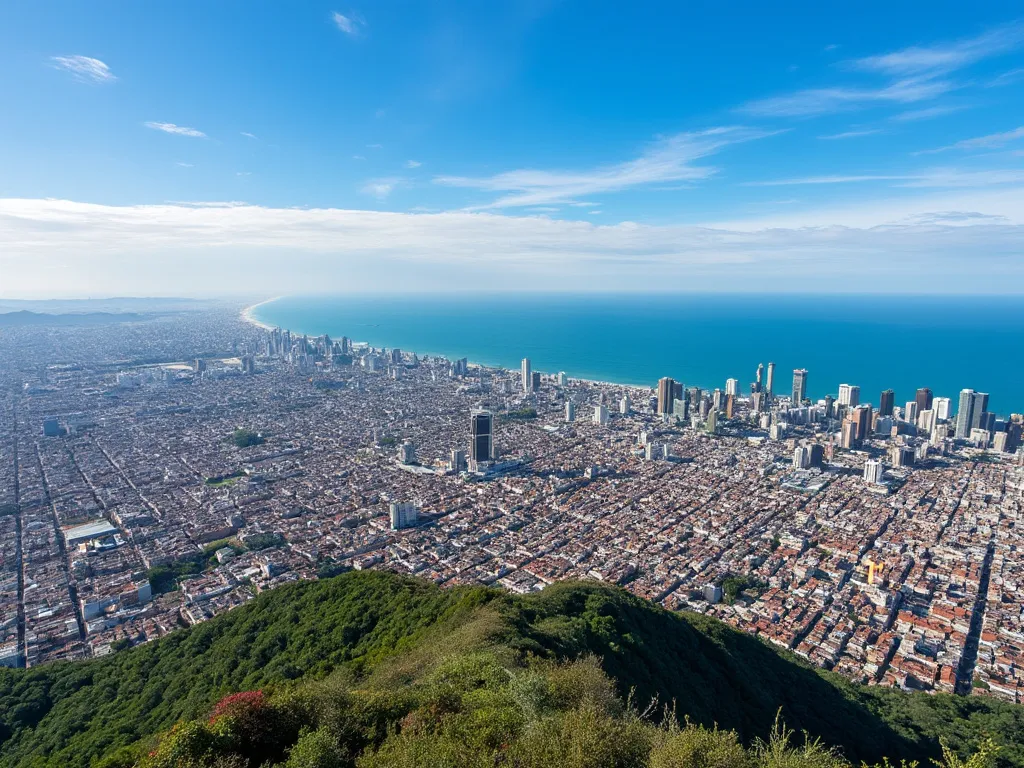 Lima
Lima
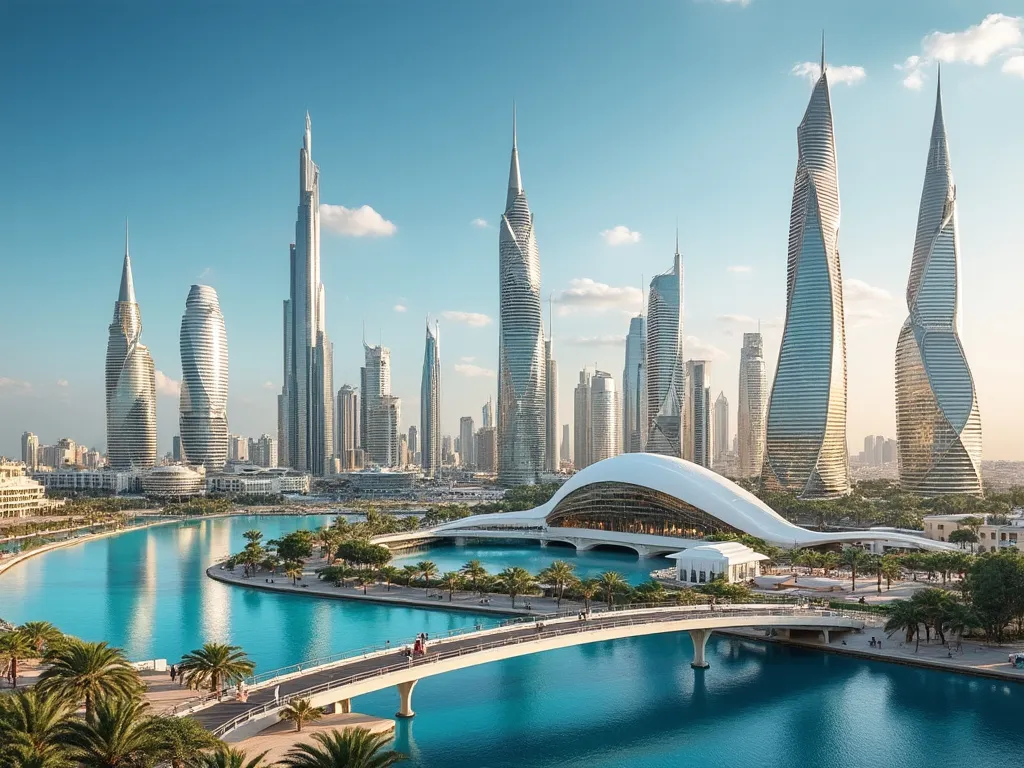 Kuwait City
Kuwait City
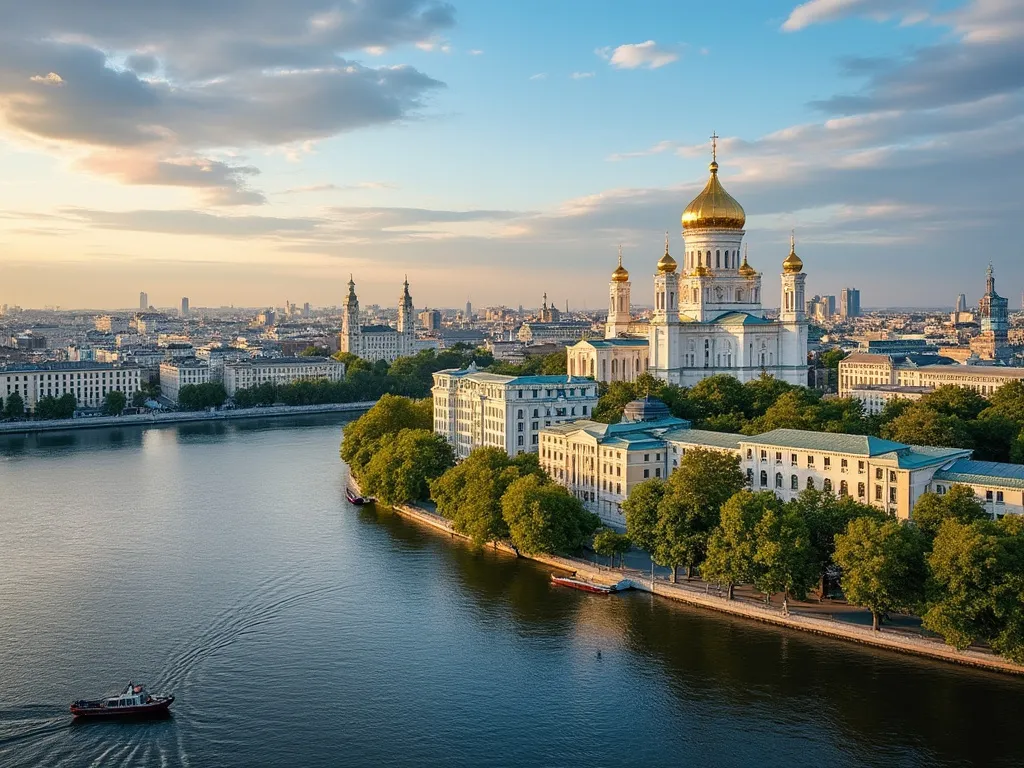 Kyiv
Kyiv